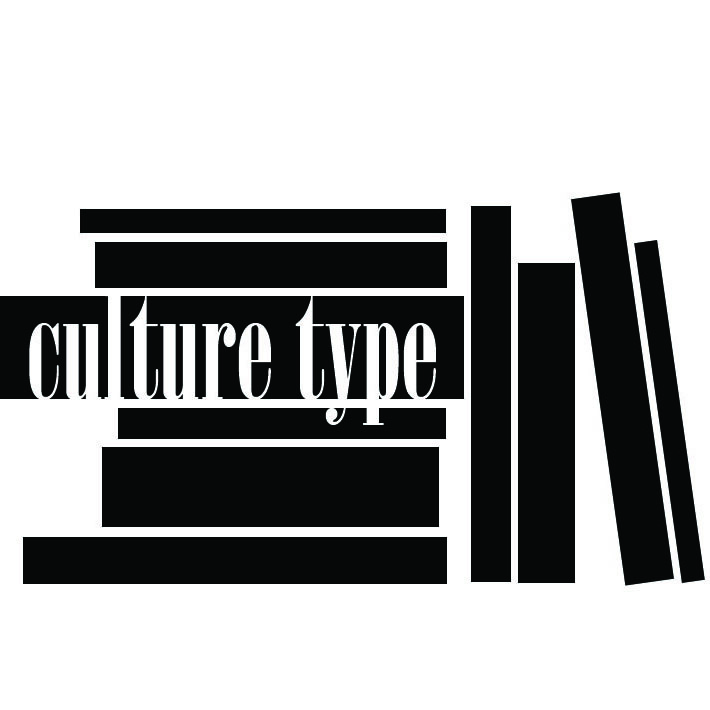
“Distant Summer” by Kadir Nelson. | The New Yorker, July 6 and July 3, 2020
SHORTLY AFTER DELIVERING a sobering cover documenting the history of racial injustice, violence, and killing endured by Africa Americans throughout U.S. history, culminating with the murder of George Floyd, Kadir Nelson produced an homage to childhood summer joy.
The Floyd illustration graced the June 22 cover of The New Yorker. Nelson’s image of a young boy in a tank top and shorts holding a popsicle appears on the magazine’s July 6 and July 13, double issue.
Summer is usually a time for children to gather, but Nelson depicts his subject alone. His expression is anything but carefree. Guarded might be an accurate characterization. The artist titled the cover “Distant Summer,” emphasizing the social distancing that public health officials continue to advise in order to contain the spread of COVID-19. The artist masterfully captures a variety of issues and themes in what appears to be a straightforward image.
The current cover arguably serves as a counterpoint to the Floyd image. Yet, in many ways, it’s a sunny version of the same. While the illustration generally speaks of innocence and the frivolity of summer, it also evokes the vulnerability of black youth.
The popsicle introduces a loaded symbol. The rocket-shaped, red, white, and blue Bomb Pop might ordinarily reference American patriotism and the Fourth of July, but African Americans have a strained relationship with the holiday that is particularly exacerbated this year.
The summer of 2020 is defined by black and brown people disproportionately suffering from COVID-19, multiracial and intergenerational protests against police killings and racial injustice, debates about and removal of Confederate monuments, disrespect of Indigenous Peoples and their land, and staff of major museums accusing the institutions of racism.
In the current climate, the popsicle is a reminder that the American narrative is a work in progress, a tale of two nations and the unfulfilled promise of liberty and justice for all.
“There are global protests against ongoing discrimination and violence against black people. And it could be a very lonely summer for children (and adults) who haven’t seen their friends or family for months, because of social distancing.” — Kadir Nelson
Discussing the cover with Françoise Mouly, art editor of The New Yorker, Nelson explained why this summer stands apart from others.
“I think of its effect on youngsters, for whom the season will likely involve mixed feelings. It comes in the midst of a pandemic, with a large part of the country still in lockdown. There are global protests against ongoing discrimination and violence against black people. And it could be a very lonely summer for children (and adults) who haven’t seen their friends or family for months, because of social distancing.”
Los Angeles-based Nelson has been illustrating covers for The New Yorker since 2013. The images have generally fallen into two categories: historic figures and cultural moments and scenes of summer. Two previous covers have featured popsicles. Others have honed in on childhood past times and summer indulgences.
“When depicting children,” Nelson said, “the most important thing for me is to tell the truth and paint directly from the heart.” CT

“Heat Wave” by Kadir Nelson. | Sept. 2, 2019

“Savoring Summer” by Kadir Nelson. | Sept. 10, 2018

“Wheel Summer” by Kadir Nelson. | July 1, 2019

“Summertime City” by Kadir Nelson. | July 23, 2018

“Bright Star” by Kadir Nelson. | July 3, 2017

“A Day at the Beach” by Kadir Nelson. | July 11 and July 18, 2016
BOOKSHELF
Kadir Nelson has illustrated a number of children’s books, including “The Undefeated,” “I Have a Dream,” “Moses: When Harriet Tubman Led Her People to Freedom,” and “Henry’s Freedom Box: A True Story from the Underground Railroad,” and “Please, Baby, Please,” written by Spike Lee and Tonya Lewis Lee. Nelson has also authored children’s books, including “He’s Got the Whole World in His Hands” and “We Are the Ship: The Story of Negro League Baseball.”




















